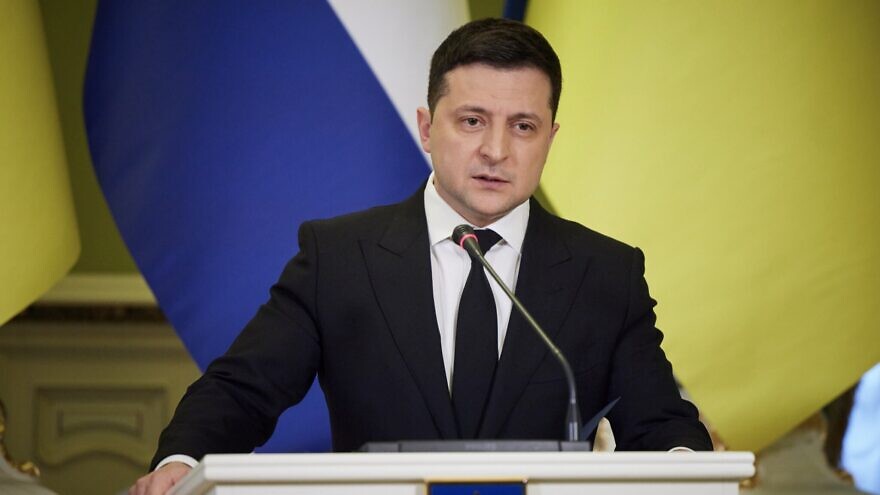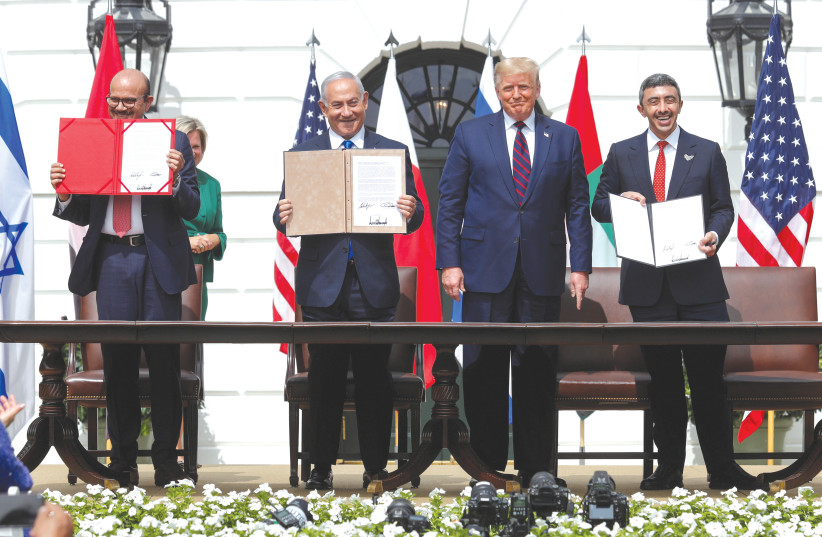
 Żart niech się żartem odciska, a przed fejkami uczmy bronić się za młodu
Żart niech się żartem odciska, a przed fejkami uczmy bronić się za młodu
Andrzej Koraszewski
 Sąd w Poznaniu nakazał wszystkim mediom (niezależnie od ich linii generalnej) redukcję przymiotników o co najmniej połowę. Kilka gazet przeprowadziło już program pilotażowy, który pokazuje, że znaczna część personelu piszącego nie nadaje się do pracy w nowych warunkach i ta pozornie tylko techniczna rewolucja groziłaby dramatycznym kryzysem polskich mediów. Niektórzy wykładowcy dziennikarstwa uważają, że jest to zamach ze strony sądu na wolność słowa.
Sąd w Poznaniu nakazał wszystkim mediom (niezależnie od ich linii generalnej) redukcję przymiotników o co najmniej połowę. Kilka gazet przeprowadziło już program pilotażowy, który pokazuje, że znaczna część personelu piszącego nie nadaje się do pracy w nowych warunkach i ta pozornie tylko techniczna rewolucja groziłaby dramatycznym kryzysem polskich mediów. Niektórzy wykładowcy dziennikarstwa uważają, że jest to zamach ze strony sądu na wolność słowa.
Wypowiedział się w tej sprawie minister Zbigniew Ziobro, którego zdaniem tego rodzaju nakaz stanowiłyby nadmierną polityzację sądów i wyraził nadzieję, że sąd wyższej instancji unieważni ten wyrok. Stanisław Michalkiewicz napisał na łamach „Odrzeczy.pl”, że poznański sąd wprowadza w Polsce żydowskie porządki i że on z pewnością nigdy się do takich poleceń nie zastosuje. Posłanka, a zarazem dziennikarka, Joanna Lichocka napisała na swoim koncie Twittera, że opozycja niedługo zacznie cenzurować mowę ciała, dodając w kolejnych tweetach, że już wcześniej sąd jej niewinne przetarcie oka środkowym palcem przetłumaczył na ukraiński.
Najpoważniejszy niepokój wyraziło stowarzyszenie psychologów. Zrzeszeni w tym stowarzyszeniu naukowcy stwierdzili, że tego rodzaju regulacja naraża całą grupę zawodową na poważny stres, depresje, a nawet ryzyko samobójstw.
Głos zabrała również Kaja Godek pisząc, że opozycja podjęła próbę zamachu stanu i pozbawienia ludzi możliwości dzielenia się swoimi sądami, o brudnych, zdradzieckich, zakłamanych, nieuczciwych i skrajnie lewackich czynach przeciwników katolickiej moralności.
Nie zgodził się z tym stwierdzeniem pan Janusz Dyskalkulia, główny sygnatariusz pozwu do sądu złożonego w imieniu Stowarzyszenia Obywateli Niepospolitych, podkreślając, że wyrok dotyczy zarówno dziennikarzy mediów opozycyjnych, jak i mediów wspierających Polską Zjednoczoną Prawicę Religijną, bowiem wszystkie media nadmiarem przymiotników obrażają zarówno uczucia, jak i inteligencję polskiego społeczeństwa i są wyrazem dziennikarstwa antysemiotycznego, w którym znaki przestają cokolwiek znaczyć.
To oświadczenie wywołało gniewną reakcję kurator Barbary Nowak, która stwierdziła, że:
„Dziś w Polsce jest sprawa, która może połączyć przynajmniej część prawicy i lewicy, sprawa adopcji samego serca polskiej mowy, jej przymiotników, tej części mowy, która służy nam do komunikacji, do informowania, co o sobie myślimy i co całym sercem czujemy. Zamiast trudu wyrażania naszych najgłębszych uczuć, zostalibyśmy skazani na suche i nieludzkie fakty. Uważam, że powinniśmy wejść na drogę sądową przeciwko zdrajcom, szkalującym społeczeństwo i oszczerczo pomawiającym nasz katolicki naród o jakiś antysemiotyzm. Tacy ludzie powinni zostać pozbawieni obywatelstwa i wydaleni z kraju. Nie ma i nie może być zgody na deptanie narodowych tradycji i niszczenie ducha naszej mowy”.
Oświadczenie Episkopatu Polski daje do zrozumienia, że jest to sprawa, która ma na celu ułatwienie dalszego oczerniania świętego Jana Pawła II i wszyscy wierni powinni się stanowczo temu przeciwstawić.
Po tym oświadczeniu pracownicy stacji benzynowych koncernu Orlen ogłosili strajk przeciw ograniczaniu wolności słowa i w obronie Konstytucji, co zaniepokoiło prezydenta, który postanowił w tej sytuacji zmienić zdjęcie na swoim profilu.
Profesor Miodek uspakaja zaniepokojonych – nie, słowo k…. nie jest przymiotnikiem.
Dobrzyń, 1 kwietnia 2023 r.
Zawartość publikowanych artykułów i materiałów nie reprezentuje poglądów ani opinii Reunion’68,
ani też webmastera Blogu Reunion’68, chyba ze jest to wyraźnie zaznaczone.
Twoje uwagi, linki, własne artykuły lub wiadomości prześlij na adres:
webmaster@reunion68.com





